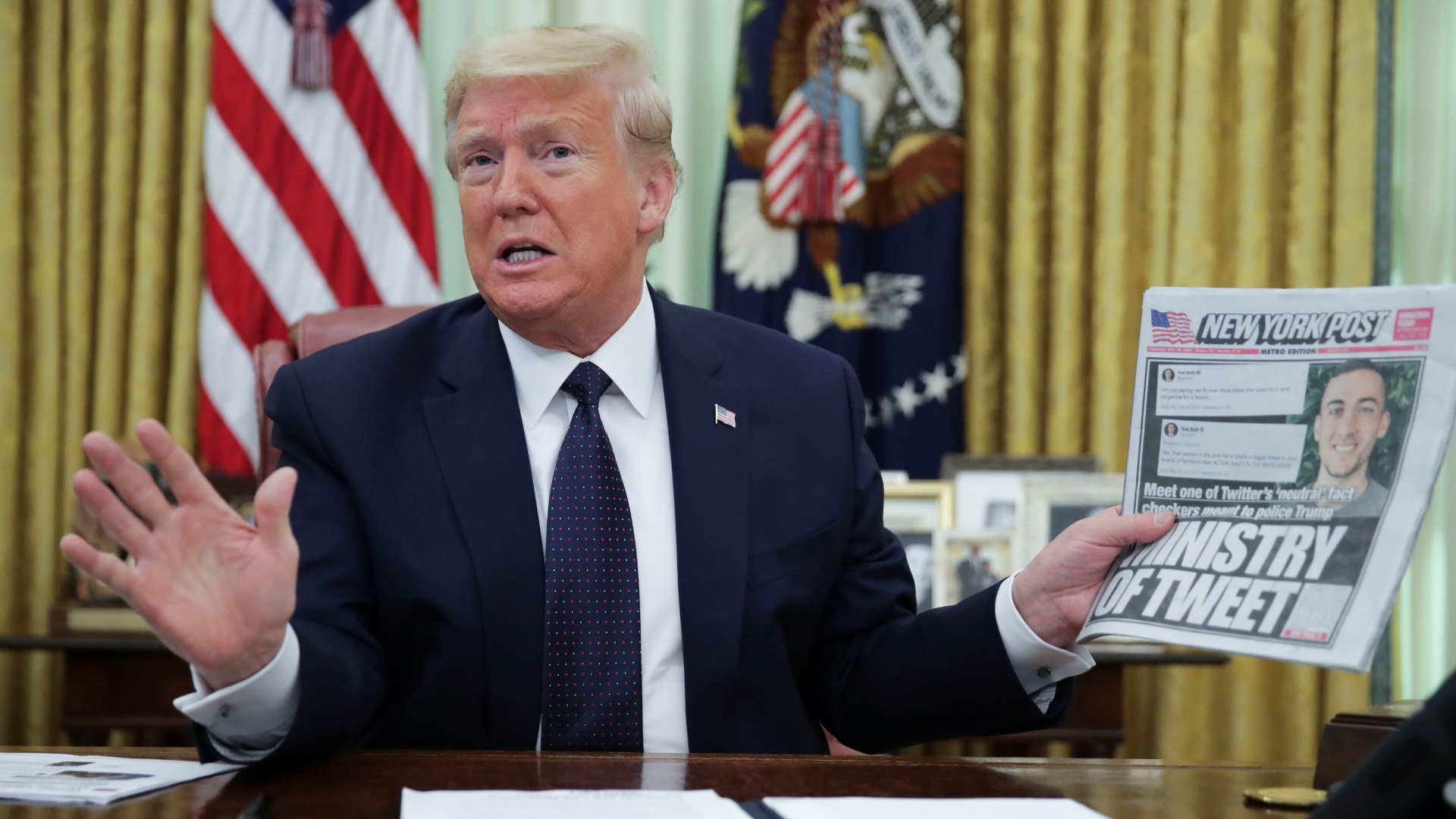
Section 230 Isn't A Subsidy; It's A Rule Of Civil Procedure
from the make-section-230-boring-again dept
The other day Senator Schatz tweeted, "Ask every Senator what Section 230 is. Don’t ask them if they want to repeal it. Ask them to describe it."
Ask every Senator what Section 230 is. Don’t ask them if they want to repeal it. Ask them to describe it.
— Brian Schatz (@brianschatz) December 28, 2020
It's a very fair point.
Most of the political demands to repeal Section 230 betray a profound ignorance of what Section 230 does, why, or how.
That disconnect between policy understanding and policy demands means that those demands to repeal the law will only create more problems while not actually solving any of the problems currently being complained about. . .One reason we have rules of civil procedure is to help lessen the danger that innocent defendants can be drained dry by unmeritorious litigation against them. And that is exactly what Section 230 is designed to do as well.
An important thing to remember is that most of what people complain about when they complain about Section 230 are things that the First Amendment allows to happen. The First Amendment is likely to insulate platforms from liability in their users' content, and it's also likely to insulate them from liability for their moderation decisions. Section 230 helps drive those points home explicitly for providers of "interactive computer services" (which, it should be noted, include far more than just "big tech" platforms; they also include much smaller and non-commercial ICS providers as well, and even individual people), but even if there were no Section 230 the First Amendment would still be there to do the job of protecting platforms in this way. At least in theory.
In practice, however, defendant platforms would first have to endure an onslaught of litigation and all its incumbent costs before the First Amendment could provide any useful benefit, which will likely be too little, too late for most if not all of them.
The purpose of Section 230 is therefore to make sure those First Amendment rights can be real, and meaningful, and something that every sort of interactive computer service provider can be confident in exercising without having to fear being crushed by unconstitutional litigation if they do.
What people calling for any change to Section 230 need to realize is how these changes will do nothing but open the floodgates to this sort of crushing litigation against so much that the Constitution is otherwise supposed to protect. It is a flood that will inevitably chill platforms by effectively denying them the protection their First Amendment rights were supposed to afford, and in the process also chill all the expressive user activity they currently feel safe to enable. It is not an outcome that any policymaker should be so eager to tempt; rather, it is something to studiously avoid. And the first step to avoiding it is to understand how these proposed changes will do nothing but invite it.
Filed Under: brian schatz, civil procedure, section 230, subsidy
--------------------------------------------------------------------------------------------------------------------------------




No comments:
Post a Comment